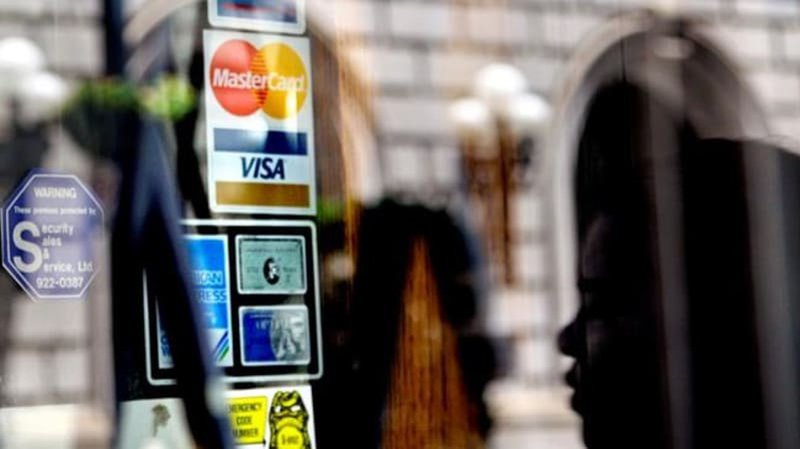
Consumer borrowing advances solid 3.6% in July, second gain
WASHINGTON — U.S. consumer borrowing rose by a solid 3.6% in July, the second monthly gain after the coronavrius pandemic had sent borrowing down sharply in the previous three months.
The Federal Reserve reported Tuesday that the 3.6% increase in July, which represented a $12.2 billion advance, followed a 3.3% rise in June and sharp declines in March, April and May.
The strength in July came from a $12.5 billion rise in the category that includes auto loans and student loans. The category that covers credit cards fell by $293 million, the fifth straight month that the credit card category has declined.
Consumer borrowing is closely watched for signals it can send about consumers’ willingness to take on more debt to support their spending. Consumer spending accounts for 70% of U.S. economic activity.
